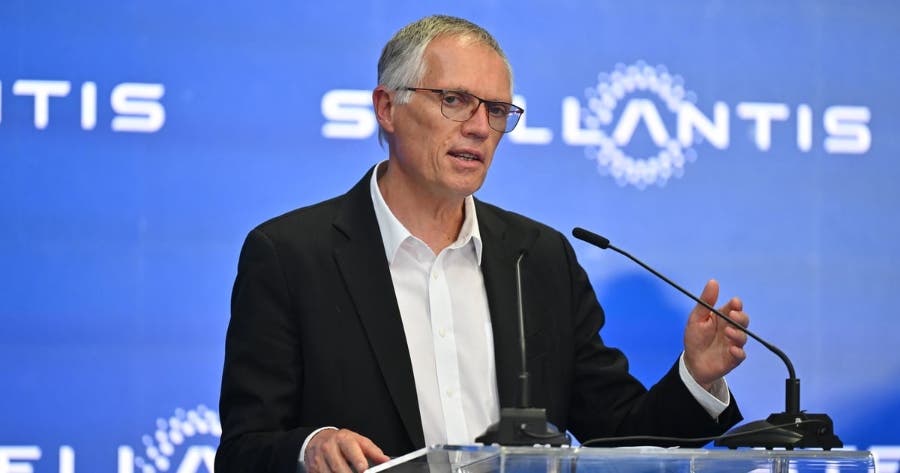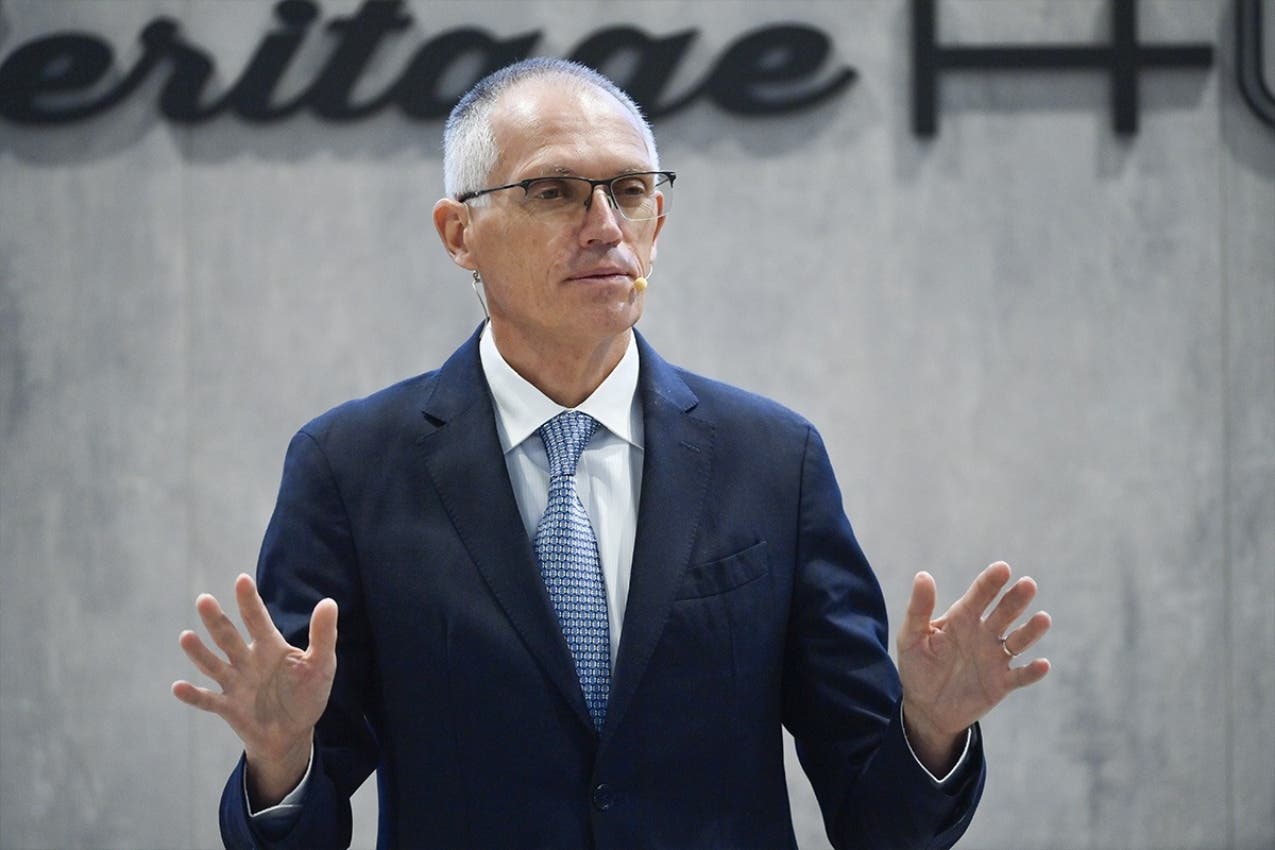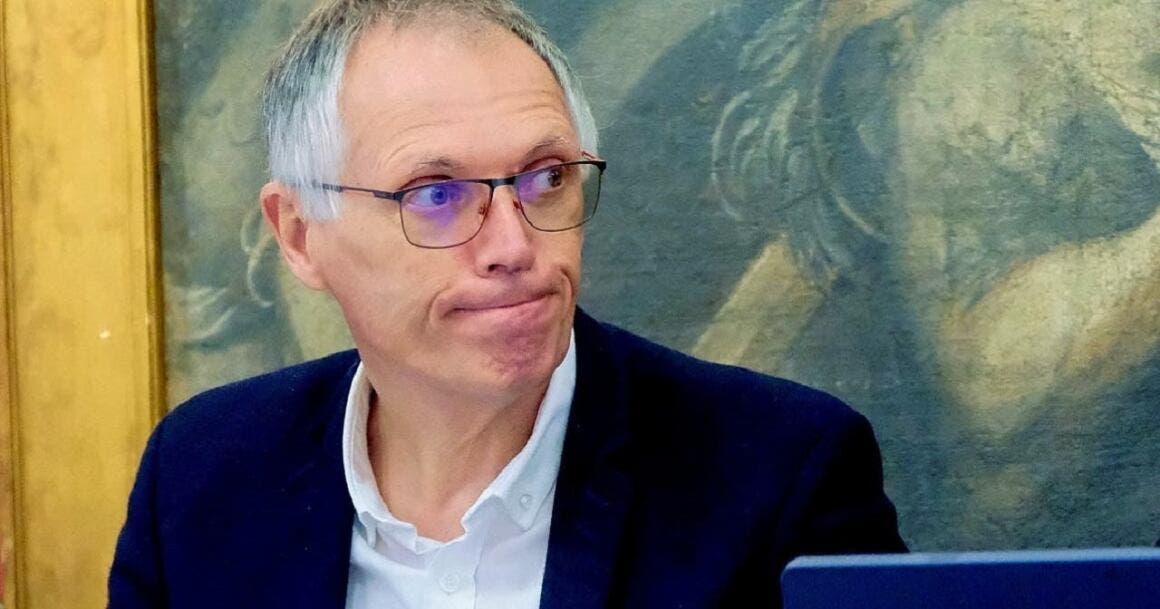Carlos Tavares is once again making headlines with new remarks that have sparked controversy in France and beyond. The former Stellantis CEO, currently promoting his new book, openly criticized European, and especially French, workers during an interview with France Inter, accusing them of being unwilling to “work harder” and of having lost their sense of sacrifice.
Ex-Stellantis CEO Carlos Tavares sparks outrage after criticizing European workers

According to Tavares, competing with China requires boosting productivity. “We need to work more and work better,” he said, praising Chinese workers’ mindset while overlooking the often harsh working conditions in Asia. He argued that Europe is losing ground in the auto industry due to high costs, strict regulations, and a declining work culture.
“We can’t tell Europeans they can maintain their lifestyle while competing with Asia if they don’t work harder,” Tavares declared. He specifically criticized the French, accusing them of building “a lazy society that lives on illusions and subsidies.” He added: “Can France reform itself without violence? I’m not sure. No one wants to make an effort, and everyone prefers to believe the lie that the government will protect them. But when wealth creation stops, there’s no money left in the coffers.”
The former CEO also warned of a difficult future for Europe, linking the economic crisis to potential social unrest. “If companies stop creating value, the state collects no taxes. And when the money runs out, misery follows,” he said.

However, his words seem contradictory to many observers. During his tenure, Stellantis implemented a series of cost-cutting measures that led to the closure of six plants and the temporary shutdown of others, including Poissy and Sochaux. In the six months following his departure, the group reported losses exceeding $2 billion.
Despite this, Tavares, who earned over €20 million per year and received a €35 million severance package, continues to defend his decisions. He blames the group’s difficulties on “bureaucratic and political barriers” that he claims hindered value creation.
Once again, his comments have reignited the debate over the future of Europe’s automotive industry and the relationship between productivity, workers’ rights, and global competitiveness. Just days ago, Tavares also suggested that Stellantis could split, and that China might ultimately be the one to save it.
